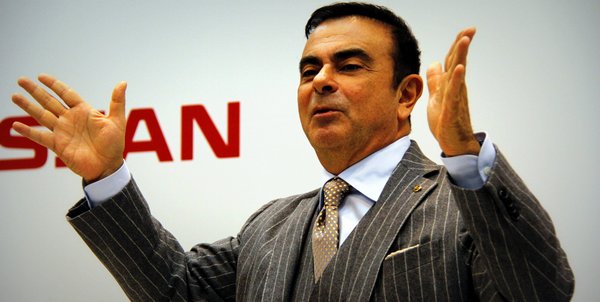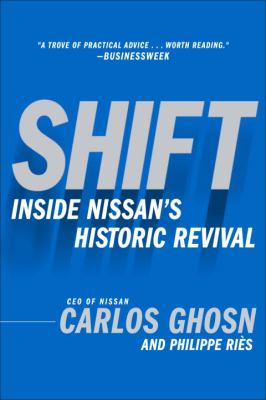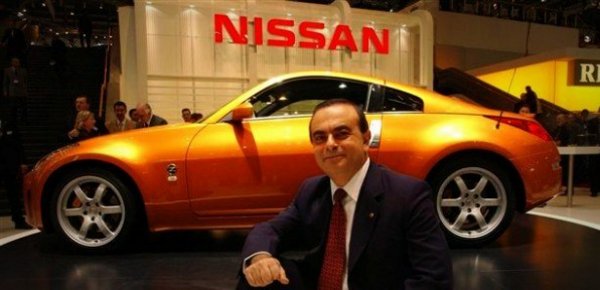British philosopher and Nobel Prize winner Bertrand Russell argued very persuasively through his writings and speeches that religion was merely a fallacy and, notwithstanding any positive effects that religion might have on a person’s emotional or psychological well-being, the concept of religion is for the most part detrimental to people. Bertrand Russell resolutely believed that religion and a religious point of view serve to hinder knowledge and cultivate a fear of anxiety, fear, and dependency.
Bertrand Russell, like Christopher Hitchens, Richard Dawkins, and other critics of religion who came after him, held that religion was to blame for war, coercion, tyranny, and misery that have weighed down the world. Here is an excerpt from his essay, “Why I Am Not A Christian”, first a lecture delivered by Russell on 06-Mar-1927 at the Battersea Town Hall (now the Battersea Arts Centre in London) to a gathering of the National Secular Society, South London Branch.
Religion is based, I think, primarily and mainly upon fear. It is partly the terror of the unknown and partly, as I have said, the wish to feel that you have a kind of elder brother who will stand by you in all your troubles and disputes … . A good world needs knowledge, kindliness, and courage; it does not need a regretful hankering after the past or a fettering of the free intelligence by the words uttered long ago by ignorant men.
Bertrand Russell on Belief and the Value of Religion
TV Interviewer: Why are you not a Christian?
Bertrand Russell: Because I see no evidence whatever in any of the Christian dogmas. I have examined all the stock arguments in favor of the existence of God and none of them seem to me to be logically valid.
TV Interviewer: Do you think there is a practical reason for having a religious belief for many people?
Bertrand Russell: There can’t be a practical reason for believing what isn’t true. I rule it out. It is impossible. Either a thing is true or it isn’t. If it is true, you should believe in it. If it isn’t, you shouldn’t. And if you can’t find out whether it is true or it isn’t, you should suspend judgment. It seems to me fundamental dishonesty and fundamental treachery to intellectual integrity to hold a belief because you think it is useful and not because you think it is true.
TV Interviewer: I was thinking of those people who find that some kind of religious code helps them to live their lives — it gives them a very strict set of rules — the right and the wrongs.
Bertrand Russell: People are generally quite mistaken. Great many of them do more harm than good and they would probably be able to find rational morality that they could live by if they drop this irrational traditional taboo morality that comes down from savage ages.
TV Interviewer: But are we, perhaps, the ordinary person, perhaps, is not strong enough to find his own personal ethic. They have to have something imposed upon them from outside.
Bertrand Russell: I don’t think that is true. What is imposed on you from outside is of no value whatever. Doesn’t count.
TV Interviewer: You were brought up, of course, as a Christian. When did you first decide that you did not want to remain a believer in the Christian faith?
Bertrand Russell: I never decided that I did not want to remain a believer. Between the ages of 15 and 18, I spent almost all my spare time thinking about Christian dogmas and trying to find out whether there was any reason to believe them. By the time I was 18 I had discarded the last of them.
TV Interviewer: Do you think that that gave you an extra strength in your life?
Bertrand Russell: No, I don’t know. No I shouldn’t have said so. Neither it’s a strength nor the opposite. I was just engaged in the pursuit of knowledge.
TV Interviewer: As you approach the end of life, do you have any fear of some kind of afterlife?
Bertrand Russell: No, that is nonsense.
TV Interviewer: There is no afterlife?
Bertrand Russell: None whatsoever.
TV Interviewer: Do you have any fear of something that is common among atheists and agnostics who have been atheists or agnostics all entire lives, who are converted just before they die to a form of religion.
Bertrand Russell: Well, it doesn’t happen nearly as often as religious people think it does. Because, religious people, most of them, think that it is a virtuous act to tell lies of the deathbeds of agnostics and such. As a matter of fact, it doesn’t happen very often.
Bertrand Russell’s Books on Religion, God, and Atheism
-
Why I Am Not a Christian and Other Essays on Religion and Related Subjects: Bertrand Russell is a compilation of essays from his long career as a campaigner in various causes at odds with the establishment, including the title essay on why Russell’s views on God and religion.
-
The Conquest of Happiness: Bertrand Russell uses analytic empiricism to discuss the psychological issues of ennui, enthusiasm, envy, sin, indulgence, persecution, populism and public opinion, zest, and other topics.
-
Bertrand Russell on God and Religion (Great Books in Philosophy): Bertrand Russell presents, in this anthology of brilliant essays, the severe scrutiny Bertrand Russell brought to bear on organized religion, freethought, and rationalism.
.jpg)
.jpg)
.jpg)

 At Nissan, Carlos Ghosn was the definitive outsider. A multi-disciplinary talent who could speak more than a few languages, Ghosn was born in Brazil to Lebanese parents. As a youngster, he relocated to Lebanon at age six and was educated by Jesuits in Beirut. From there, he relocated to France, where he earned degrees in engineering from the prestigious
At Nissan, Carlos Ghosn was the definitive outsider. A multi-disciplinary talent who could speak more than a few languages, Ghosn was born in Brazil to Lebanese parents. As a youngster, he relocated to Lebanon at age six and was educated by Jesuits in Beirut. From there, he relocated to France, where he earned degrees in engineering from the prestigious 
